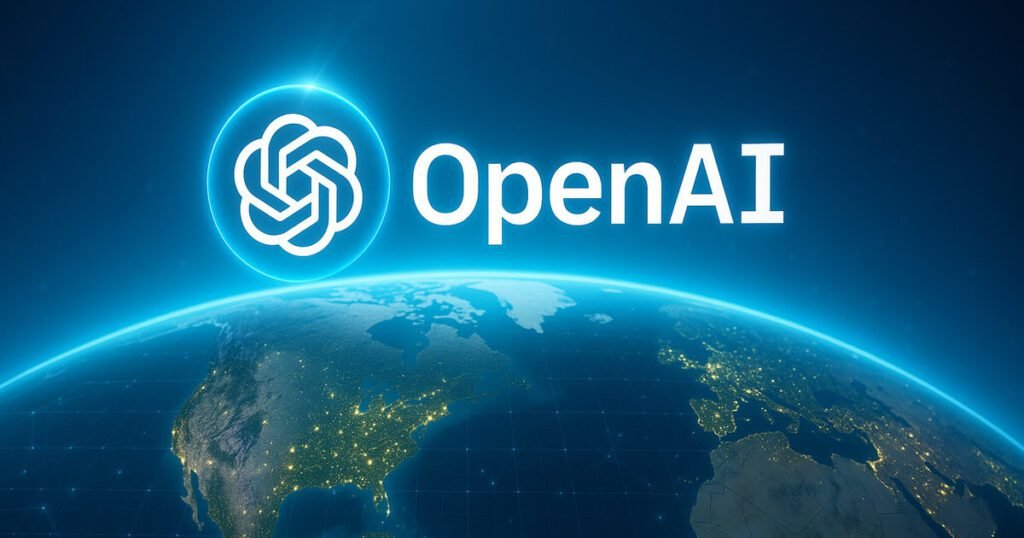Openai has announced an important pivot, and according to a statement on May 5, it is walking past plans to evolve its previous plans into a traditional for-profit organization.
Instead, the organization will maintain its nonprofit roots, shifting its for-profit organizations to public benefits corporations (PBCs), and strengthening its commitment to public interest (AGIs) in the development of artificial general information.
According to the statement, the PBC model allows OpenAI to generate revenue, but the non-profit parent holds control and holds substantial stock positions in the new structure.
The company noted that this approach is now common among advanced AI labs that have to raise funds while focusing on safety and long-term impact.
Openai CEO Sam Altman has confirmed that nonprofits will remain central to organizational decision-making. He noted that the revised structure follows consultations between the California Attorney General and civic leaders and regulators, including Delaware.
Altman explained that by maintaining non-commercial control, Openai provides the resources it needs to scale responsibly. He also said the company hopes that the nonprofit sector will become one of the most effective in history and ensure that AGI will benefit everyone.
He added:
“It makes sense when it appears that there is one AGI effort instead of the current complex cap commercial structure, but it doesn’t seem to be in the world of many great AGI companies. Everyone is moving to a normal capital structure where everyone has stock. This is not a sale, it’s a change of structure.”
Legal battle against open musk
Openai’s reversal comes as a legal tension that Elon Musk, one of its co-founders, will be Intensify.
Tesla’s CEO filed a lawsuit earlier this year to halt its shift to profit-driven goals, accusing the company of drifting from its founding mission.
In particular, Musk had also made a $97 billion offer to buy Openai’s administered nonprofit, which was not accepted.
In response to Openai’s announcement, Musk’s legal team reportedly dismissed the move as a cosmetic product.
The lawyers argued that the updated structure allows private parties, including Sam Altman and Microsoft, to benefit from assets intended for the original public goods.
Meanwhile, Openai recently refuted Musk, claiming it had attempted to sabotage the organization through fake acquisition offers and coordinated campaigns to undermine its reputation.
It is mentioned in this article


